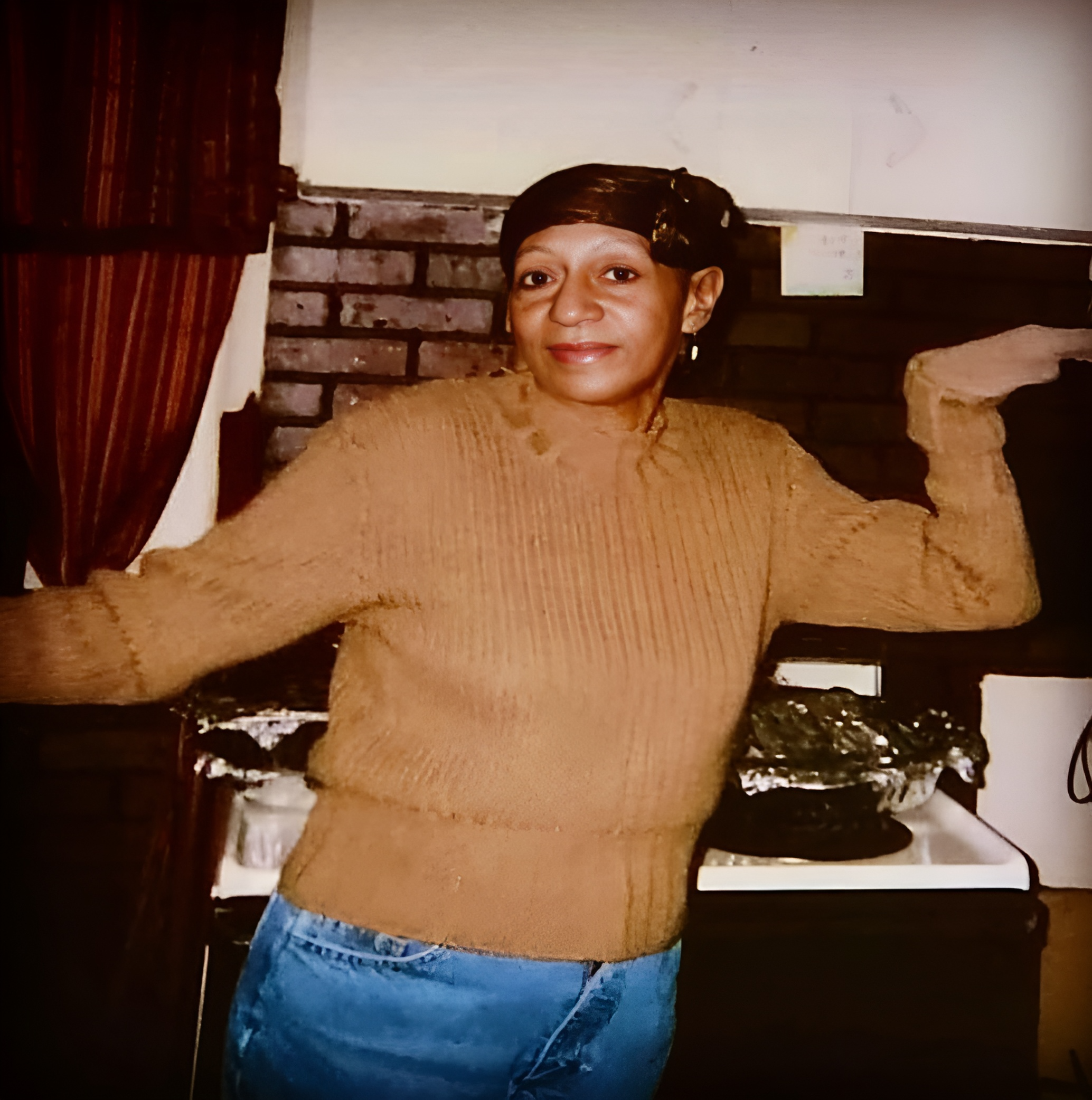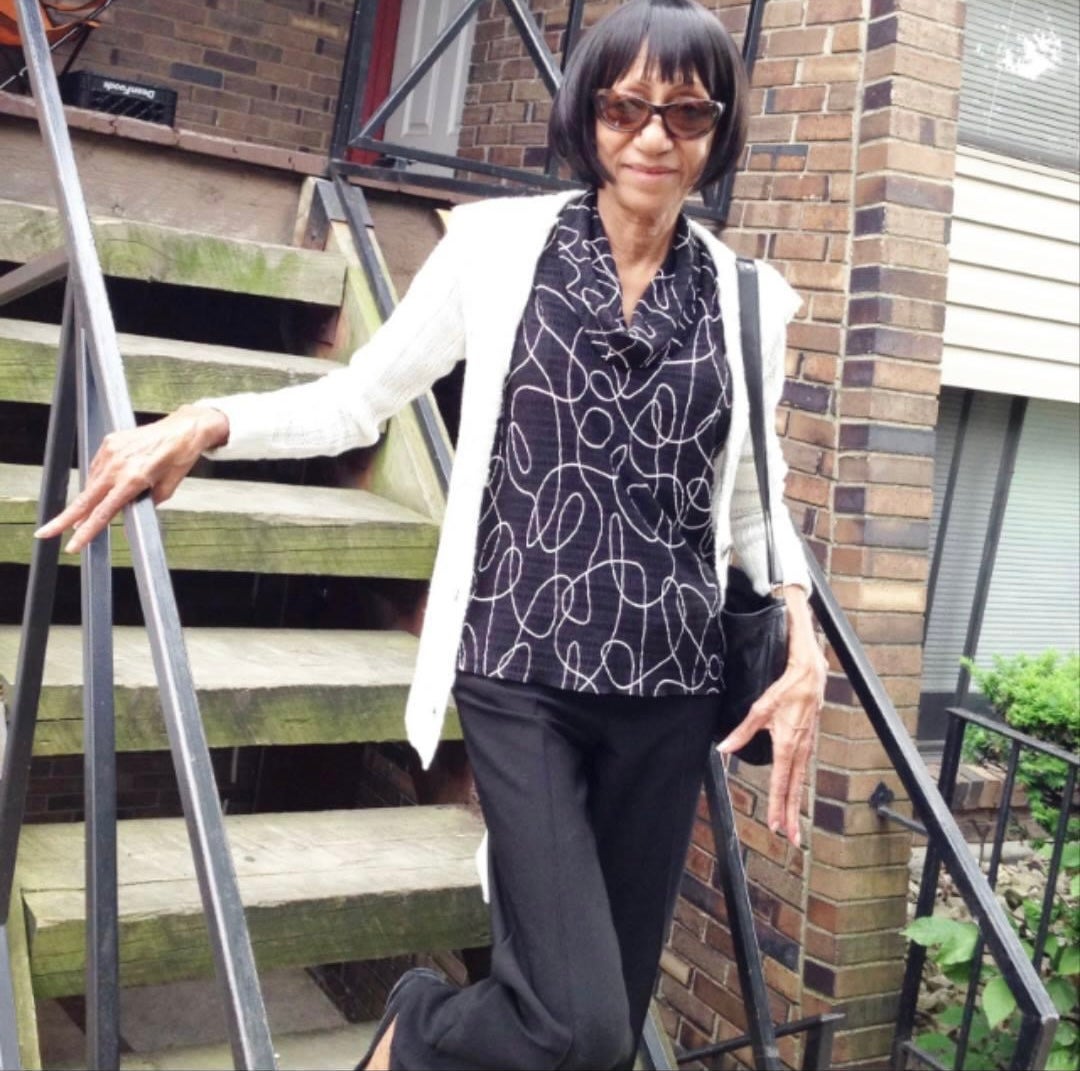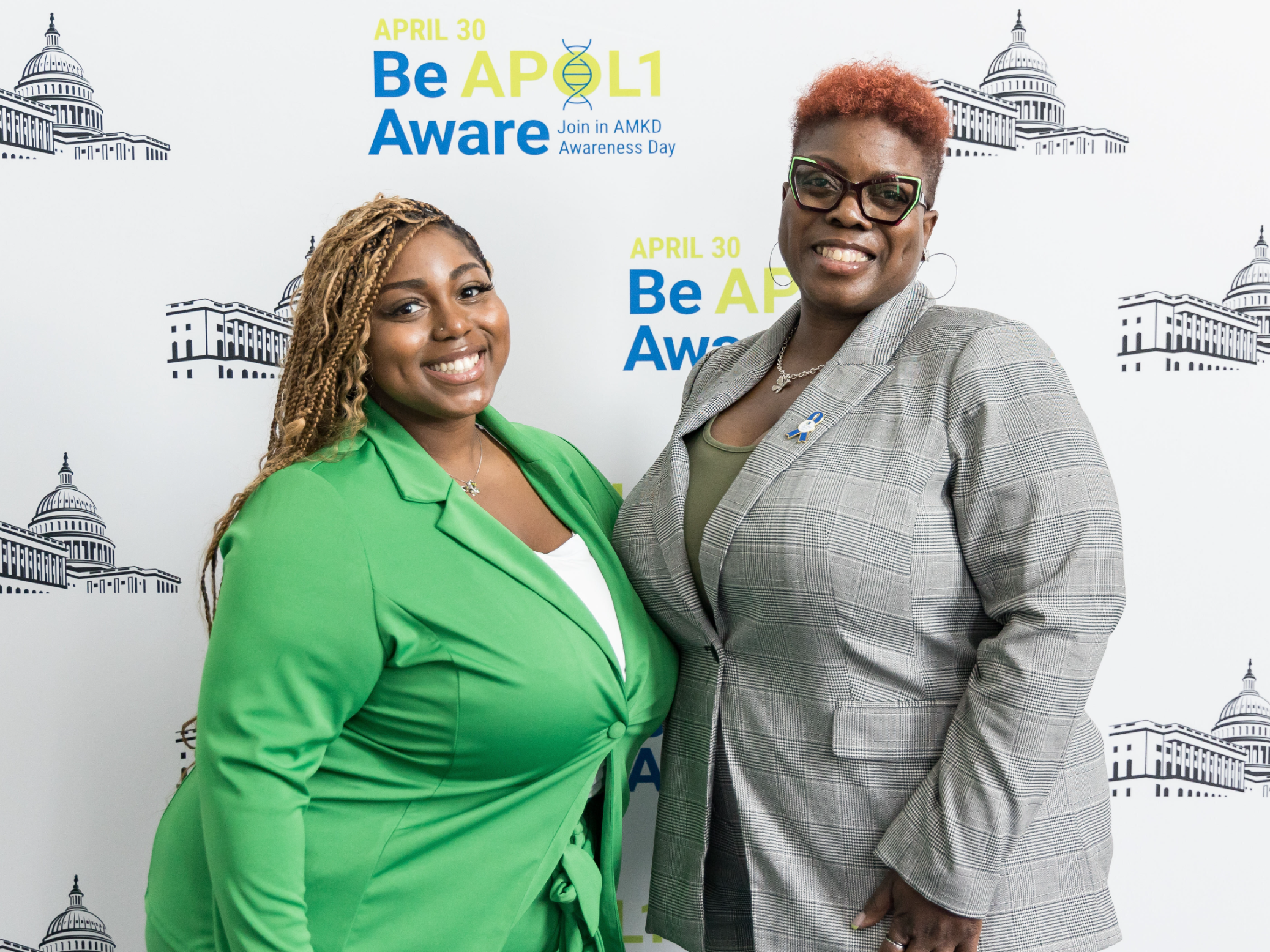
The final words my grandmother spoke to me before leaving this world were “Put some socks on” and “I love you.” Without hesitation, I followed her instructions, knowing that her words carried the weight of law. Raised by her from birth, I had the privilege of being nurtured by a woman of unwavering strength and pride. Her no-nonsense demeanor and unshakable spirit left a lasting impression on me, instilling in me a desire to emulate her resilience. Throughout our time together, she imparted countless lessons, but none more profound than those revealed in her passing.
My grandmother’s battle with HIV starkly unveiled to a 14-year-old me the insidious nature of stigma. Despite a five-year ordeal filled with doctor visits and misdiagnoses, the true cause of her symptoms remained elusive. It wasn’t until a fall followed by a broken arm that the reality of her condition surfaced: She had been living with HIV for years. Tragically, her diagnosis came too late, and she passed away less than six weeks after receiving it, slipping into a coma at a mere 71 pounds, at the age of 69. As I stood vigil by her side, alongside her hospice nurse, I bore witness to the devastating impact of HIV stigma, etched in every labored breath she took.
Contemplating my grandmother’s experience, I am struck by the profound impact of stigma, discrimination, racism, and systemic health disparities on her untimely passing. Her death stands as a poignant reminder of the multiple systems that failed her, ultimately leading to her preventable demise. Had a healthcare provider simply inquired about her HIV testing status, she might still be with us today. Instead, I witnessed years of medical gaslighting, as her illness was erroneously attributed to alcoholism, further exacerbating her suffering.

As the days dwindled toward her passing, my grandmother’s health deteriorated further. I found myself taking on the intimate tasks of caregiving: changing diapers, assisting with bathing, and feeding the woman who had nurtured me since birth. Amidst her declining health, I fell ill with a cold, rendering me unable to be in close contact with her due to her compromised immune system. When I was finally able to reconnect with her, I leaned down to kiss her forehead, a gesture of love and affection ingrained in our relationship. To my surprise, she expressed gratitude for my care, despite her having “that disease.” In that poignant moment, I realized the profound impact of HIV/AIDS stigma on her sense of self-worth. My grandmother, known for her forthrightness, couldn’t even utter the name of the illness that had ravaged her body, a testament to the pervasive influence of stigma and its role in robbing her of dignity in her final days.
The glaring disparities in HIV infection rates among Black women underscore the pressing need for targeted interventions and equitable access to healthcare resources. Despite comprising a smaller segment of the population, Black women bear a disproportionately heavy burden of HIV incidence, facing rates significantly higher than those of white and Latina women.
Recent data from the CDC paints a concerning picture: While overall HIV infections among Black women have remained stable, the disparity in new HIV infections persists and, in some cases, worsens. This stark inequity highlights the inadequacy of current prevention efforts in effectively reaching and addressing the specific needs of Black women.
A key obstacle lies in the absence of tailored HIV prevention campaigns and healthcare messaging initiatives that resonate with the experiences and realities of Black women. Despite advancements in HIV prevention and treatment, these initiatives often overlook the complex intersectional factors that contribute to the heightened vulnerability of Black women to HIV, including systemic racism, misogynoir, homophobia, transphobia, and socioeconomic disparities. Addressing these challenges is paramount for effectively combating HIV among Black women and advancing health equity in our communities.
While significant strides have been made in curbing infection and mortality rates over the past four decades, the sentiment that “HIV is no longer a death sentence” is often invoked to combat stigma. However, for many Black women living with HIV, like my grandmother, this statement falls short in capturing their reality. Societal stigmas and systemic inequities persist, posing significant challenges for Black women affected by HIV. These individuals often encounter barriers in accessing quality healthcare, face discrimination within healthcare settings, and contend with social isolation due to pervasive misconceptions and stigma surrounding HIV. Consequently, the virus remains a formidable and potentially life-threatening concern for many Black women, highlighting the continued need for comprehensive support, advocacy, and education to address the complex challenges surrounding HIV/AIDS within marginalized communities.
In the wake of my grandmother’s passing, I found solace in the realm of sexual and reproductive health, rights, and justice advocacy. Transforming my grief into a catalyst for action, I embarked on a journey to honor her memory by championing awareness and fighting for equitable healthcare access. While I couldn’t alter the course of my grandmother’s life, my mission is to ensure that her narrative empowers and safeguards others, particularly Black individuals grappling with HIV. Through my advocacy endeavors, I’ve garnered profound insights into the intricate web of HIV stigma and had the privilege of collaborating with impassioned and resolute Black HIV advocates and activists. Together, we’re striving to dismantle barriers, challenge stereotypes, and cultivate a more inclusive and supportive environment for all those impacted by HIV/AIDS.

If I could convey a message to my grandmother or any Black woman living with HIV, it would echo a heartfelt sentiment: “You are cherished, protected, and worthy of tender care.” This affirmation holds profound importance, especially on National Women and Girls HIV/AIDS Day, as it emphasizes the critical need for awareness, empathy, and proactive healthcare practices within our communities.
On this significant occasion, it is vital not only to offer words of support but also to take tangible steps toward empowerment and advocacy. By promoting regular testing, disseminating knowledge about HIV/AIDS prevention, and ensuring equitable access to healthcare services, we can make meaningful strides in advancing public health and well-being. Through collaborative efforts and the dismantling of systemic barriers, we reaffirm the inherent value and dignity of every individual affected by HIV/AIDS, particularly Black women who confront unique obstacles and stigma. Reproductive justice values emphasize bodily autonomy, access to comprehensive healthcare, and the right to make informed decisions about one’s body and health. For Black women living with HIV, these values are essential to their well-being and dignity.
This journey toward collective empowerment and health equity demands ongoing commitment and action. By amplifying awareness initiatives and fostering inclusive spaces for dialogue and support, we honor the resilience and strength of those impacted by HIV/AIDS. Together, we can cultivate a future where every individual receives the respect, care, and resources they deserve, regardless of their HIV status. It is a journey marked by compassion, solidarity, and hope—a journey that honors the legacies of those we have lost and uplifts the voices of those who advocate tirelessly for justice and equality in the fight against HIV/AIDS.









